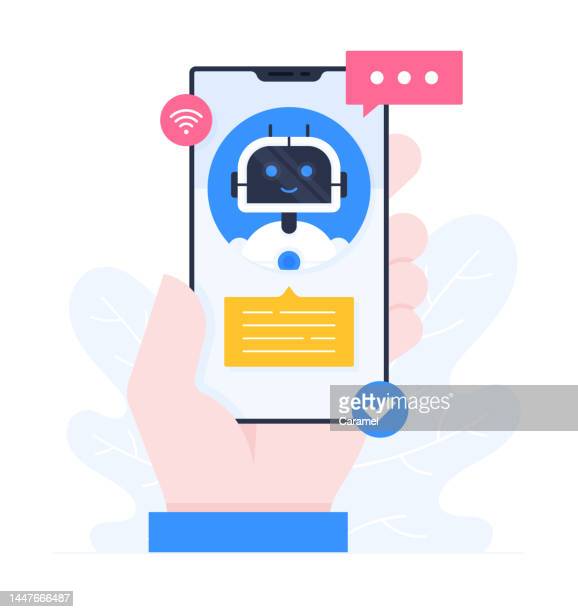
Human-AI collaboration is a groundbreaking synergy that unites human intelligence and the computational power of AI systems. It is a dynamic partnership where human expertise, intuition, and creativity intertwine with the speed, efficiency, and analytical capabilities of AI. Together, humans and AI systems are transforming industries, redefining problem-solving approaches, and reshaping the boundaries of what we thought was achievable.

The debate surrounding ChatGPT's potential as either a companion or competitor depends on how humans choose to use this technology. Adopting a human-centered approach to its development and use, maintaining human oversight and control, and fostering transparency and accountability can ensure that ChatGPT remains a tool to enhance human life, rather than a replacement for it.

The future of work is rapidly evolving with the introduction of new technologies such as AI, blockchain, and robotics. Remote work and the gig economy are becoming increasingly popular, and in-demand skills are shifting towards technical abilities like data analysis and cybersecurity. Soft skills such as communication and adaptability will remain essential, and upskilling will play a crucial role in staying competitive in the job market.

Artificial Intelligence (AI) presents many critical issues that require attention. Some of these include the potential for bias in AI systems, the need for ethical guidelines and regulation, and the impact of automation on employment. As AI continues to advance and become more prevalent in our daily lives, it is essential to address these issues to ensure that the technology benefits society as a whole.

Natural Language Processing is revolutionizing customer service by enabling companies to use AI-powered chatbots that can understand and respond to customer inquiries in real-time. With machine learning and semantic analysis, chatbots can personalize the customer experience and resolve issues faster, leading to greater customer satisfaction and reduced costs for businesses. The future of NLP in customer service includes voice assistants and proactive customer support.

Smart contracts are self-executing contracts that are stored on a blockchain network. They enable the automation of agreements and the transfer of value without the need for intermediaries. The concept of smart contracts was first introduced by Nick Szabo in 1994, but it was only with the advent of blockchain technology that the implementation of smart contracts became possible.






